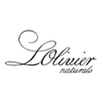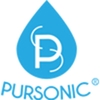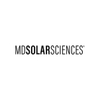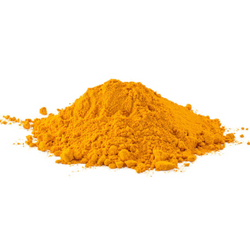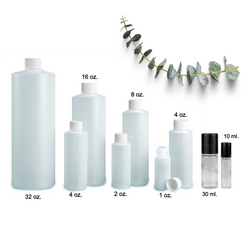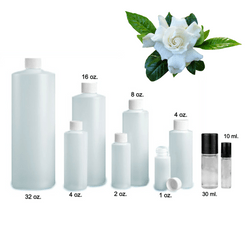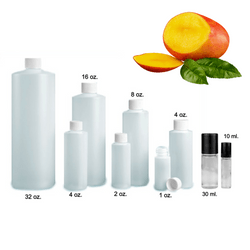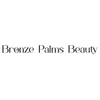
L’Olivier Naturals began in 2018 in Montreal, Quebec, with a deeply personal mission of taking care of Adam’s sensitive skin, the son of our founders.
Consequently, it all happene...
Currently based in NYC, Pursonic is a family-owned business founded by Nessim Hadef and has roots in manufacturing since 1971. An immigrant from Cairo, Egypt, Nessim came to NYC and established Pur...
MDSolarSciences is all about tackling the sun in everything skincare. Renee Plato, our CEO, emphasizes on suncare as the basis of healthy skin and aims to make SPF enjoyable plus accessible to ever...
Halal Everyday isn’t just a brand that sells organic, NON-GMO, vegan, and fully halal products - it’s a lifestyle.
We hunt the globe for the finest halal goods, and our black seed...
Wholesale Turmeric Root Powder Organic Spice (Jar)
Wholesale Eucalyptus Fragrance Oil Herbal Fresh
Wholesale Gardenia Fragrance Oil Floral Scent
Wholesale Mango Fragrance Oil Tropical Aroma
Your grooming hassle? Taken care of.
Need an instant tan or whiter teeth in 90 minutes? Just come to us and we’ll handle it.
If you love tanning under the sun but don’t have ti...
Copyright 2026 Seebiz Inc. All rights reserved
